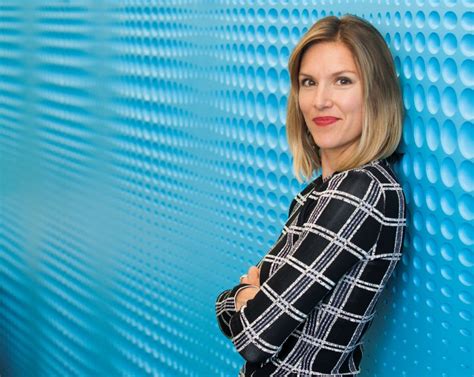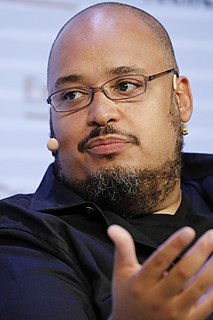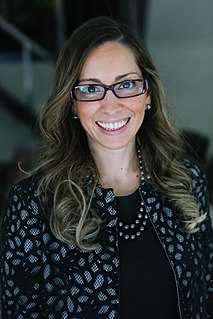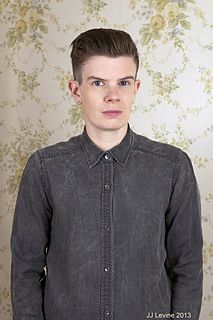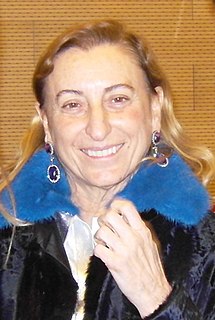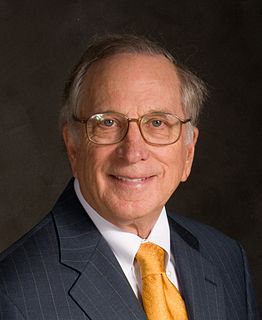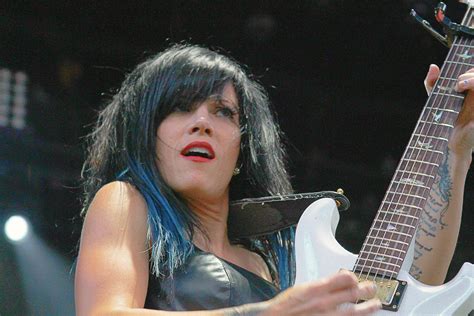A Quote by Lynn Jurich
For a lot of people, one of the reasons they don't like to work for founders of startups is that they can be sensitive and protective around what they've built. You have an emotional attachment to the early marketing and technology materials, and you don't want to hear that anything's wrong with them.
Related Quotes
I always tell people, "There's a book on everyone." I get some of that book before I do anything. If I want to deeply understand someone's reputation, I'll talk to their friends, their former bosses, their peers, and I'll learn a lot about them. I want them to be trusted. I want them to be respected. I want them to give a s - -. Then there are the intangibles: physical and emotional stamina, the ability to confront issues. I can ask all I want about those things, but I also have to see a lot of it.
Some people revel in getting their hands dirty. These are the people that make startups grow wildly. People with hustle also tend to be much more agile - they're the water that goes around the rock. These are the people you want around when everything goes wrong. They're also the people you want beside you when everything goes right.
I still use the pronoun she for my publicity materials, and for mainstream media stuff, for two reasons: the first is that I do a lot of work in public schools, and I want those young women and girls to see every kind of she there can be. I want them to see my biceps and my shorn hair and shirt and tie and for some of them to see me as a possibilityI want them to see me living outside of the boxes, because they might be asphyxiating in their own box and need to see there is air out here for them to breathe, that all they have to do is lift the lid a little.
I think if terrorists had nuclear materials and found people to put a bomb together - both of which are possible - we would already have seen a nuclear explosion. But we have literally thousands of people around the world working their tails off and making a lot of sacrifices to contain nuclear materials. I particularly would like to compliment the Russians on this. In times of great economic distress, many of them could have made an awful lot of money if they had sold their expertise.
It means a lot to me that people appreciate what I do. That's why I give a lot of importance to my fans and I like to maintain a certain proximity to them. I already feel very thankful that people enjoy my work so much, and becoming famous is not my ultimate goal. I think it's important to keep a good balance between what I want to do and what people want to hear; otherwise I might fall into the dark side.
A lot of authors see their book being banned or challenged as a badge of honor. But for me, it's nothing but frustrating and upsetting. I hear from readers that my work encouraged them to ask for help or reach out to someone about the situation they're in. When you hear stories like that on a daily basis and then hear adults call for your work to be banned, it's proof of why the stigma around these issues is so dangerous.
